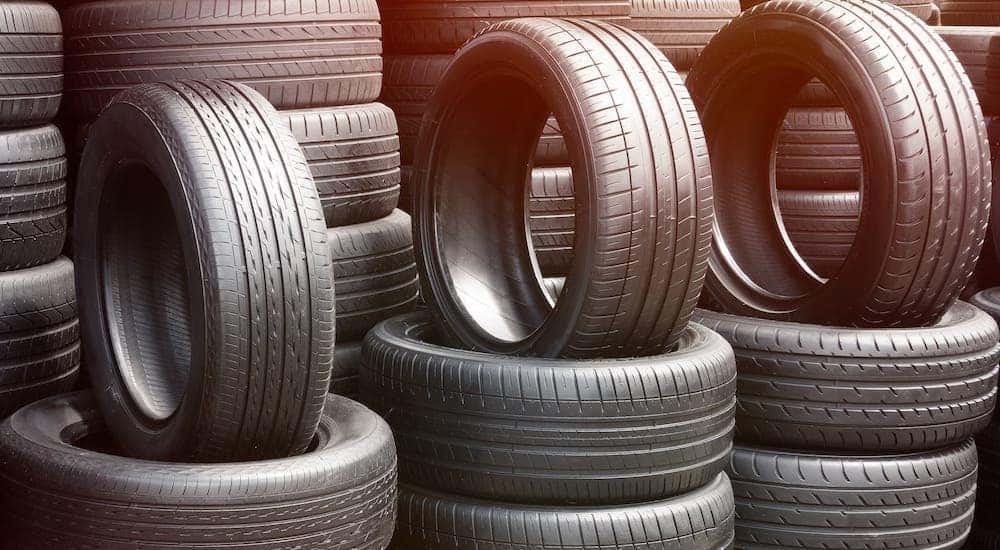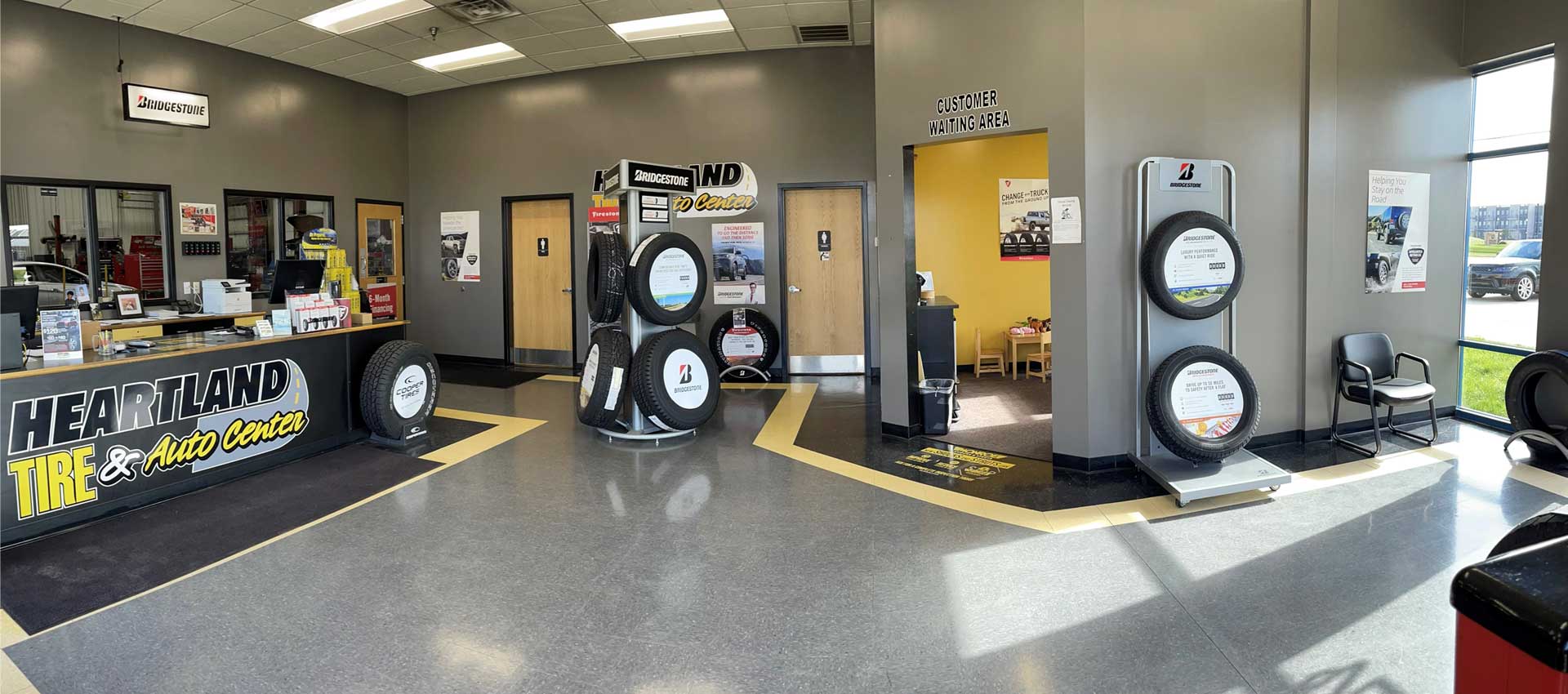Trusted Tire Shop Morris: Comprehensive Tire Solutions and Exceptional Service
Trusted Tire Shop Morris: Comprehensive Tire Solutions and Exceptional Service
Blog Article
Tire Solution: The Impact of Climate Condition
When it pertains to making certain ideal performance and safety and security when driving, comprehending the impact of weather on tire service is essential. From scorching heat to icy roadways, each weather condition element can significantly affect tire performance and overall driving experience. By diving right into the impacts of differing weather on tires, chauffeurs can acquire important insights that might boost their lorry's efficiency and durability. In this conversation, we will certainly explore the elaborate partnership in between weather and tire service, dropping light on the significance of weather-specific tire upkeep practices and considerations.
Warmth and Tire Performance
When exposed to high temperature levels, tires experience changes in efficiency that can substantially affect vehicle safety and security and handling. The warmth produced from extended driving or heat problems triggers the tire rubber to soften, leading to decreased tread life and enhanced wear. As the rubber ends up being softer, the tire's hold on the roadway lessens, affecting braking distances and overall traction. In severe cases, excessive warm can also create tire blowouts, posturing an extreme safety risk to the car and its occupants.
Additionally, heats can speed up the procedure of tire aging, triggering the rubber to deteriorate faster. This can cause splits, protrudes, and other forms of damages that compromise the structural stability of the tire. To alleviate the effects of warmth on tire performance, motorists ought to on a regular basis inspect their tire pressure, turn tires to make certain also use, and check for any indicators of damages. In addition, making use of tires especially developed to stand up to heats can assist preserve optimal efficiency and safety and security on the road.
Cold Weather Results
Cold weather condition problems can have a significant effect on tire efficiency and security. As temperature levels decrease, tire rubber can harden, leading to reduced grip on icy or snow-covered roads. In winter, tires might also shed air pressure much more quickly, which can impact managing and fuel efficiency. Additionally, cool temperature levels can cause tire sidewalls to tense, increasing the threat of damage from craters or various other road dangers.
To minimize the effects of cool weather on tires, it is crucial to routinely check tire pressure and inflate them to the producer's suggested levels. Making use of wintertime or all-season tires designed for winter conditions can additionally improve traction and hold on icy or snowy roadways - discount tires morris il. Appropriate tire maintenance, including routine assessments for wear and damages, comes to be a lot more essential during colder months to make certain optimum efficiency and security
Rainy Issues Effect
Tires with damaged footsteps are a lot more susceptible to hydroplaning, where a layer of water builds up between the tire and the roadway surface, leading to loss of traction. To battle this, chauffeurs must regularly examine their tires for adequate step depth and consider investing in tires particularly made for damp problems.

Snow and Tire Security
Snow-covered roads present one-of-a-kind obstacles for motorists, stressing the significance of correct tire option and maintenance. When driving in snowy problems, having the best tires can make a considerable difference in safety and efficiency. Winter months tires are designed with unique rubber substances and tread patterns to supply far better traction on snow and ice contrasted to all-season tires. The much deeper treads and sipes of wintertime tires assist grip the road much better, decreasing the threat of slipping and sliding.
Along with utilizing winter season tires, it is crucial to ensure they are correctly pumped up. Cold weather condition can create tire pressure to go down, affecting traction and handling (mopar tire service specials). Routinely inspecting and maintaining the correct tire stress is necessary for optimum performance in snowy conditions

Weather-Related Tire Maintenance
Weather-related tire maintenance includes a variety of techniques intended at making certain optimal tire function and longevity in various weather situations. One vital aspect of weather-related tire maintenance is tire stress law. Examining tire walk frequently and changing tires when step wear reaches a certain deepness is essential for preserving grip and security in adverse weather condition.
Verdict
In final thought, weather problems have a substantial influence on tire efficiency and safety and security (mopar tire service specials). From warm affecting tire stress and use to cool weather decreasing grip, it is important to consider the weather condition when maintaining and using tires.
In this conversation, we will certainly discover the complex relationship in between weather problems and tire service, losing light on the value of weather-specific tire maintenance hop over to here methods and factors to consider.

Report this page